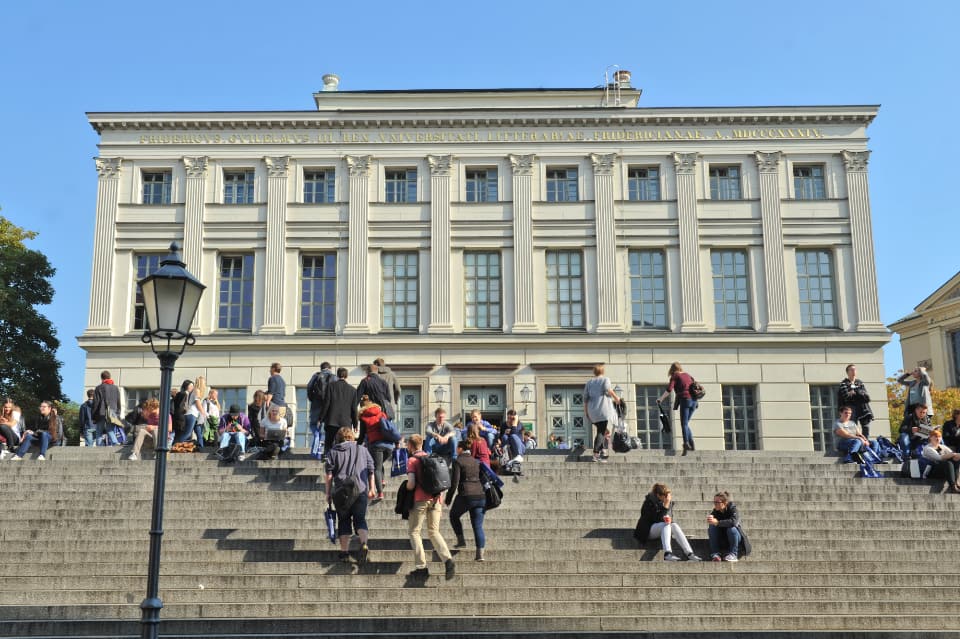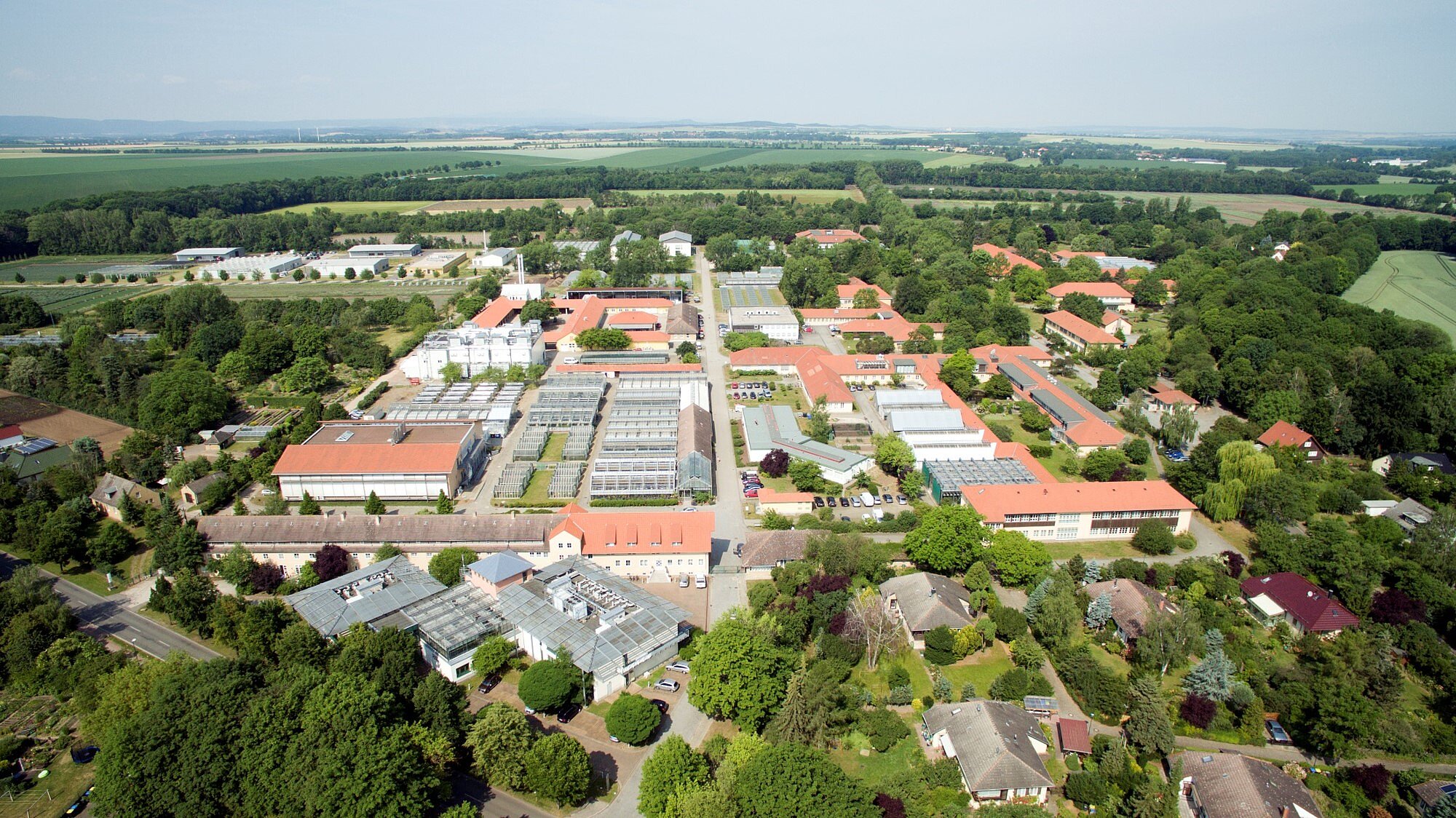Welcome to the
The International Conference of the German Society for Plant Sciences
BOTANIK-TAGUNG 2024
Growing Solutions for Growing Challenges
Invitation
You are invited to the Botanik-Tagung, the International Conference of the German Society for Plant Sciences (DBG), at Halle (Saale), Germany, from 15th until 19th September 2024. The programme brings together 29 internationally leading plenary and keynote speakers, who span the entire field of plant sciences - from molecules to ecosystems. This year’s motto Growing Solutions for Growing Challenges reflects the potential of plant sciences to counter existential problems of our planet, such as carbon sequestration and the adaptation of crops to challenges of climate change. The Botanik-Tagung furthers scientific exchange to improve our fundamental understanding of plants and to translate it into resilient crops and ecosystems. The scientific programme will be complemented by workshops and excursions, and the location of the conference in the town centre of Halle will stimulate scientific discussions and socializing until late.
In the name of the organizing team and the involved institutions we are looking forward to welcome you at an exciting Botanik-Tagung in September 2024
Prof. Dr. Edgar Peiter
Conference Chair

Childcare during the Botanik-Tagung
During the International Conference of the German Society for Plant Sciences 2024, the DBG offers its participants the possibility to register for childcare.
For more information, please click here
Contributing institutions

The Martin Luther University Halle-Wittenberg (MLU) offers a wide range of academic subjects in the areas of humanities, social sciences, natural sciences and medicine. The oldest and largest university in Saxony-Anhalt was created in 1817 when the University of Wittenberg (founded in 1502) merged with Friedrichs University Halle (founded in 1694). Today the university has 340 professors and 20,000 students. Research at the university focuses on nano and life sciences, the Enlightenment, society and culture.

The Leibniz Institute of Plant Genetics and Crop Plant Research (IPK), Gatersleben is a non-university research centre of the Leibniz Association with more than 500 employees. The basic and applied interdisciplinary research of the institute focuses on gaining knowledge and developing novel technologies enabling the comprehensive use of genetic plant resources for food security and sustainable plant production.

The Leibniz Institute of Plant Biochemistry (IPB), Halle (Saale) is a non-university research institution with about 200 employees. The research focuses on chemical diversity, biosynthesis, biological roles, and mechanisms of action of plant and fungal natural products, with an emphasis on specialized metabolites and chemical mediators. The knowledge gained paves the way to a plant-based bioeconomy: it facilitates sustainable crop production and innovative biotechnology to improve the nutrition and health of humans, animals, and plants.

iDiv is a DFG research centre with more than 450 employees and members based primarily in Halle, Jena and Leipzig. Here, researchers from 40 nations establish the scientific basis for the sustainable management of our planet’s biodiversity.
